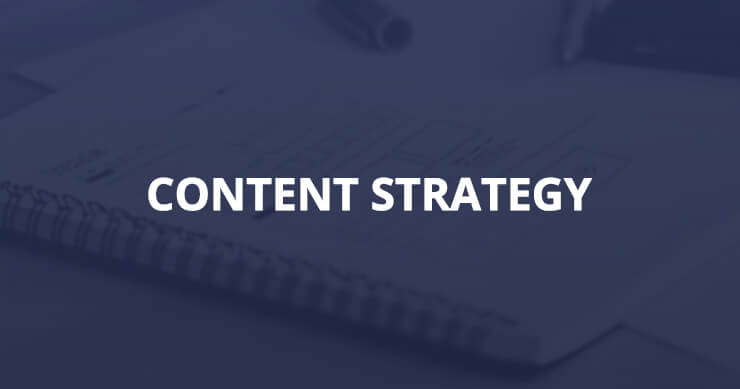 Hey, hey, hey! It’s the last session of Day 1 and it’s my most favorite session because it’s straight-up Danny banter. What’s more awesome than that?
Hey, hey, hey! It’s the last session of Day 1 and it’s my most favorite session because it’s straight-up Danny banter. What’s more awesome than that?
Danny kicks things off by asking whose attended this forum before. Apparently I’m the only one who has. OKAY THEN! He’s basically just going to open things up and let people ask questions. He’ll try to answer them and then he’ll let the audience answer each other’s questions too. Something like that.
Okay, let’s start.
Dave Naylor shared his speculations about what might change in the Google algo in regard to link value. What are your thoughts on that?
Google every month now has been announcing the changes they made to search. And they bury things in there. Yesterday they said they stopped using a certain link signal. Maybe it means they’re not using the anchor text in a link anymore. He doesn’t think that’s it. They could be recalculating how they were counting links. They could be looking at the proximity. It could be that they’re following nofollow now – he doesn’t think that’s the case. He did ask them but Google wouldn’t say. Danny doesn’t know what they would have changed. He suspects its more related to spamming things than trying to change something that was working well. It was interesting that they said it was a signal they’ve used for a long time, but there are so many things they could have been doing.
He thinks people will be looking into it further and we’ll see if something emerges from it. It’s hard because we don’t know what they did with link signals to begin with. It might be a very specific thing you shouldn’t do anymore that people weren’t doing anyway.
What would happen to search engine results if there was no SEO?
Matt Cutts would be working for Facebook. He doesn’t think that’s possible. The reason he says that is even if you’re not doing SEO, you’ve done SEO to your pages. The search engine is going to look for something on a page. If no one did anything to their pages, the search engine is still going to have to decide what it thinks is relevant and it’s going to use a certain set of signals. You’d have an accidental SEO that was happening. The results wouldn’t be better if there was no SEO. They would just be different. And maybe even worse.
We went through a site revamp. We had more than 110k crawl errors. We’re currently at 60k crawl errors. Is there a better solution to managing crawl errors in addition to 301 redirects? How much importance should be given to crawl errors?
The search engines are going to spend a certain amount of time at your site. If they’re deciding they’re going to crawl 200k pages and they get 100k errors, they’re not going to get to the good stuff. Some of the crawl errors may be that you have the same page with a bunch of different parameters to your links are getting split up so zero is what you’d like to reduce it to. He’d go back to the console and see if there are common errors that Google is finding. If you can ID patterns, then you can have someone technical go through and have someone go through your redirects all at once. He’d worry more if he saw a drop in traffic and then saw a rise in the number of errors.
Speaking of errors, she has an old meta question. Are Meta Descriptions worth our time?
They’re important. They’re not a ranking element. They encourage people to click through to your Web site. That’s kind of why you want to have it. It lets you put your best foot forward. And then the other ranking things come into it.
Will there be a time when Google moves to a user graph instead of a link graph?
He thinks they’re already going there. He doesn’t think they’ll abandon using links but the social signals are going to grow up to be another significant source and will pass links.
What do you think is the best metric to measure authority of a Web site or how authoritative a site is?
He’s not a big fan of those kind of metrics. He understands why people want them and you’re trying to prioritize your Web site but the third-party metrics are guesses. They don’t represent what the search engine thinks about your site. He recommends looking at the metrics the search engines are giving you. The better metric is to go back to your own traffic and benchmarking yourself against others in your space. That’s where he would look.
Google’s given a fair amount of real estate to Google+ so it’s gotten a lot of hype. Given the importance of that real estate do you think it’s under- or over-hyped?
It’s funny because we had a whole string of articles this week about how there’s no one on Google+. And not once did it mention that even if it is a ghost town, if you want to show up in those People & Pages boxes, you need to have an account. He doesn’t know anyone whose an SEO and saying they can’t be bothered. It’s having a direct impact on rankings. He did a search for [cars] and Ford came up at 9 because he’s friends with them on Google+. Who wants to ignore that? And it’s not hard. Stick the button on your page. He doesn’t think it’s hype when you’re a search marketer. If you care about Google, you have to care about Google+. If you’re a general user, than maybe you don’t have to care so much.
Google took all the ads they make money off of and TOOK THEM DOWN for Google+.
Any tools for predicting traffic based on SEO/long-tail traffic?
You can’t go through and try to add up all the ways someone can find your site. You can look at your pages and the words on it and try and go that way. You’re probably better off looking at your peers. Another thing you can do is look at a peer site and look at the percentage of traffic they get from different sources.
An attendee creates a Missed Opportunity Matrix to bring home the fact that they’re doing this thing that feels completely black box.
If a domain in the US went through a few penalties but has excellent rankings overseas, what would you do to boost in the US?
If a domain’s been pinged, I probably wouldn’t to touch it. The fact that it’s doing well overseas makes me think you don’t have a penalty and there’s something else going on with it. He’d go back to Google first and see what’s up.
And that’s it from Day. Catch up on everything you missed today and we’ll see you back here tomorrow.


